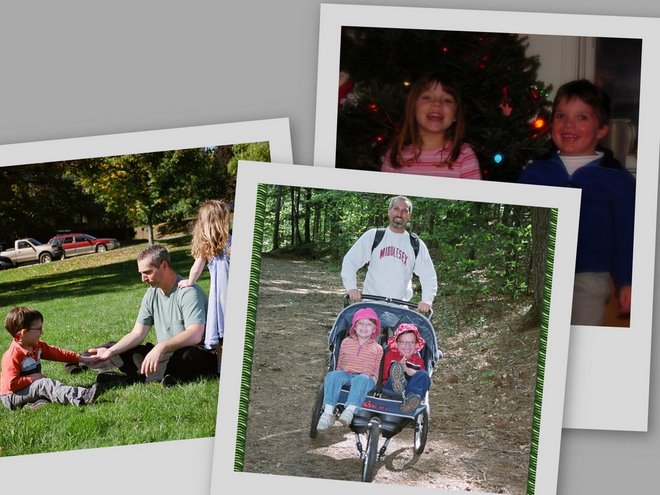I may (or may not) have a child who is challenged by Autism. For that reason and because it is hard to avoid the topic these days, I keep up with the latest in Autism news and research.*
*(O.K. I am in law school, so it is fair to say I don't keep up with anything. My dear Mom keeps up with the news and research and sends me links and articles.)
What I am seeing makes me extremely uneasy. For instance, look at this list of symptomatic behaviors...
* lines up toys
* plays with toys in same manner every time
* is very organized
* is rigid about routines or object placements
* upset by changes
* eat few foods or only certain textures
* smells food
* unaware of danger (e.g., hot things)
* tantrums for no apparent reason
* has obsessive interests
* likes spinning objects
* likes to spin him/herself
* likes parts of objects (e.g., wheels)
* does not use toys appropriately (lines up cars by color rather that zooming them)
* special areas of talent or expertise
* perseveration
* walks over things (e.g., toys) unaware
Yes, I pulled them from the
CDC website on Autism:
Look at them again. I removed only three or four:
* insensitive to pain
* unaware of danger (e.g., hot things)
* hand flapping/finger flicking/toe walking
How many professors (or other brilliant and talented but perhaps quirky types) do you know who exibit three or more of the behaviors from the top list (substitute toys with something else like pens, etc)?
We are being over inclusive here. I think we (I am using the human "we") have no idea what's going on with these kids and who fits in and who does not. We've considered professors (and other amazing people). What of these ASD spectrum characteristics would be evident in the prison population. (That's a bizarre and completely unsupported bomb, I know, but keep your mind open. That's what we do at this blog). I wonder how ASD responds to coke, to THP, to heroine. I wonder what happens to un-identified kids with ASD. I wonder what happens with unidentified poor kids with ASD. What do you think?
Why am I asking these questions? I think we are facing a huge mental health and or environmental problem that we are not equipped to understand much less address. When I look at the ASD informational websites and the number of kids with delays I see everyday, (scope of the disorder as described and the pervasiveness of the condition in the population), I get a very discomforting feeling.
On the one hand, there is a huge population of kids with serious problems. On the other hand, we are describing them with an overbroad brush. No wonder researchers voice such extreme opinions about the demographics of ASD. Is it an epidemic? Is it that we are better at diagnosing kids?
We've got an enormous group of people to look at, why can't we (or don't we) describe them accurately? You're kidding me that we can't do better than "special areas of talent or expertise"! That's not a problem description; that's an item on a college application. What logical person would put that in the same list with "hand flapping/finger flicking/toe walking"?! More interestingly, why do these symptoms show up in the same (beautiful, brilliant, challenged sweet) person?
I still can't pinpoint what exactly is wrong. It's just wrong, though. Something is wrong.
